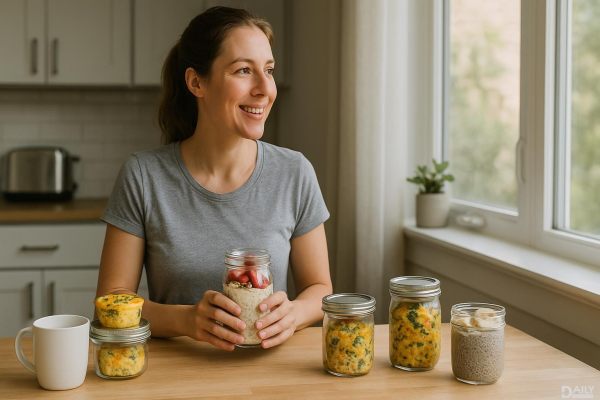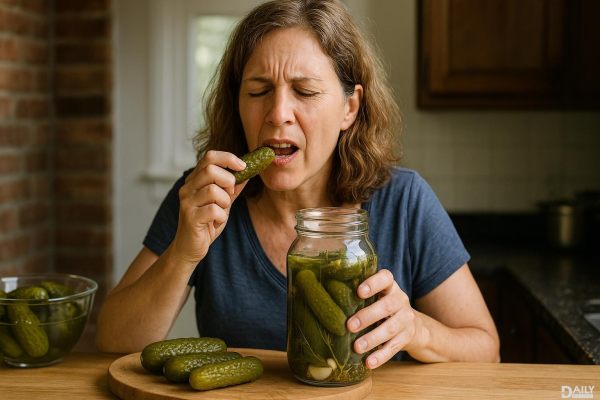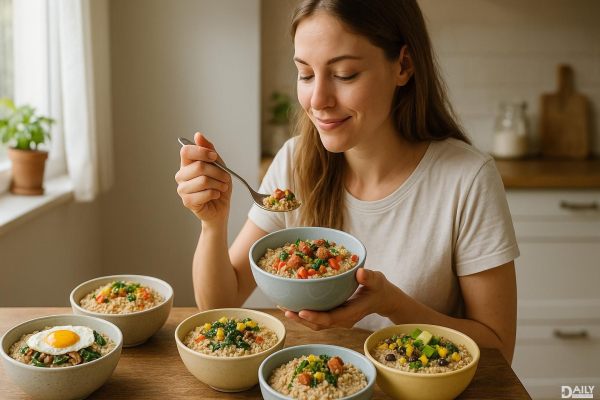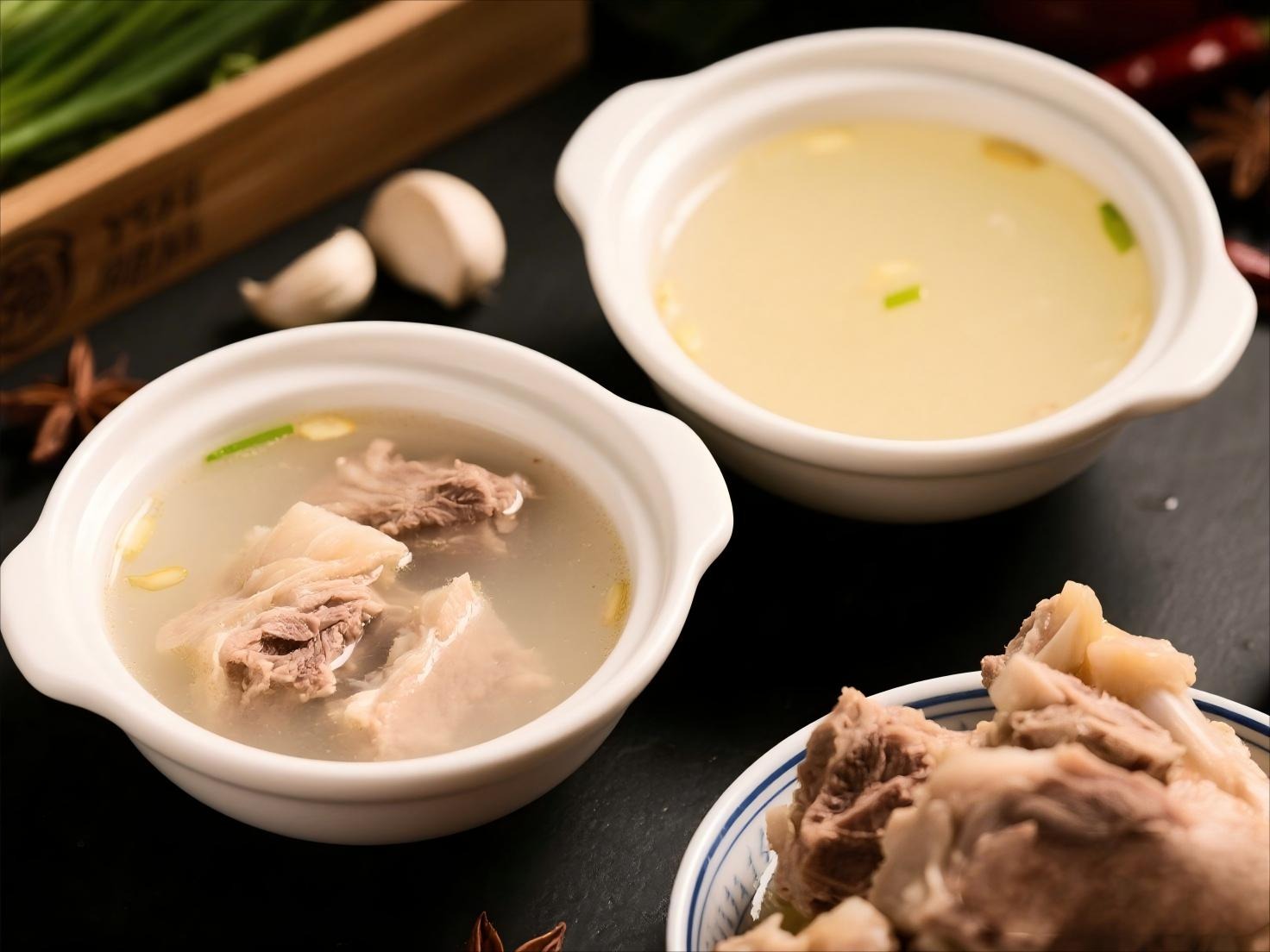The idea that "healthy" equates to low-calorie or oil-free is a persistent myth that needs debunking. While it’s tempting to assume that cutting out oil makes a salad dressing healthier, the truth is more nuanced. Extra virgin olive oil (EVOO), for instance, is packed with health-boosting polyphenols that far outweigh the calorie count. Instead of avoiding oil, consider the quality and benefits it brings to your diet.
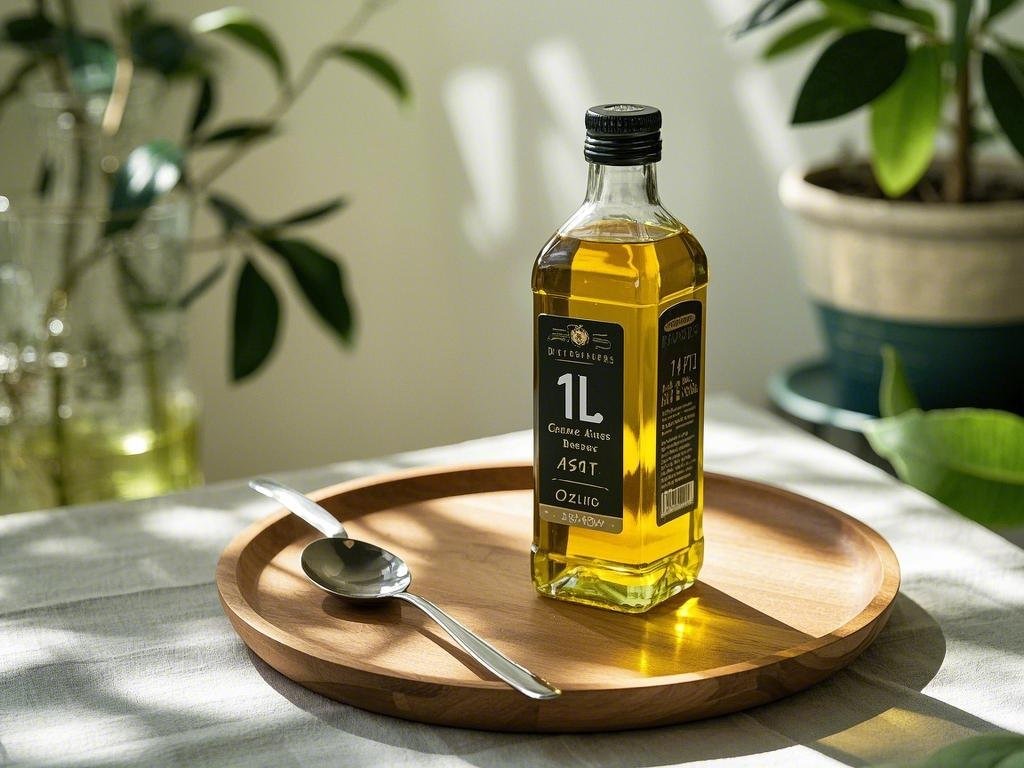
The Power of Polyphenols in Olive Oil
Polyphenols are natural compounds found in plants, and they’re particularly abundant in extra virgin olive oil. These compounds are known for their antioxidant and anti-inflammatory properties, making them a key player in promoting overall health.
Key Polyphenols in Olive Oil
Olive oil contains several types of polyphenols, each with unique benefits:
1.Oleuropein: Supports heart health and reduces inflammation.
2.Oleocanthal: Known for its anti-inflammatory effects, similar to ibuprofen.
3.Hydroxytyrosol: A potent antioxidant that protects cells from damage.
4.Tyrosol: Helps improve cardiovascular health and reduce oxidative stress.
Health Benefits of Olive Oil Polyphenols
The polyphenols in olive oil offer a wide range of health benefits, including:
1.Cardiovascular Health: Polyphenols can lower blood pressure, reduce inflammation, and protect against heart disease.
2.Antioxidant Effects: They neutralize free radicals, which can damage cells and contribute to aging and chronic diseases.
3.Neuroprotective Effects: Some polyphenols may protect brain cells and enhance cognitive function.
4.Anti-Cancer Properties: Research suggests that polyphenols may inhibit tumor growth and reduce cancer risk.
Choosing High-Polyphenol Olive Oil
Not all olive oils are created equal. To maximize your polyphenol intake, look for:
1.Extra Virgin Olive Oil (EVOO): This is the least processed and retains the highest levels of polyphenols.
2.Freshly Pressed Oils: Polyphenol content decreases over time, so opt for oils with a recent harvest date.
3.Dark Bottles: Light can degrade polyphenols, so choose oils packaged in dark glass or opaque containers.
How Much Olive Oil Should You Consume?
While there’s no official daily recommendation for polyphenol intake, studies suggest that 1-2 tablespoons of extra virgin olive oil per day can provide significant health benefits. Incorporate it into your salads, drizzle it over vegetables, or use it as a dip for bread.
Precautions and Considerations
While polyphenols are generally safe, excessive consumption may lead to gastrointestinal discomfort or interact with certain medications. Always consult a healthcare professional before making significant dietary changes, especially if you have underlying health conditions or are on medication.
Why Oil-Free Dressings Fall Short
Oil-free dressings often rely on processed ingredients like sugar, artificial thickeners, or preservatives to mimic the texture and flavor of oil-based dressings. These additives can negate the health benefits you’re aiming for. In contrast, a simple dressing made with EVOO, lemon juice, and herbs is not only healthier but also more satisfying and flavorful.
The Bottom Line: Embrace Quality Fats
The notion that oil-free equals healthy is outdated and misleading. Instead of avoiding oil, focus on incorporating high-quality fats like extra virgin olive oil into your diet. Its rich polyphenol content offers a host of health benefits that far outweigh the calorie count. So, next time you’re dressing your salad, don’t shy away from a drizzle of EVOO—it’s a small step with big rewards for your health.
Additional Tips for Healthy Salad Dressings
If you’re still looking for oil-free options, here are a few ideas that don’t compromise on health:
Lemon or Lime Juice: Adds a tangy flavor without the need for oil.
Greek Yogurt: A creamy base that’s high in protein and probiotics.
Avocado: Provides healthy fats and a rich, creamy texture.
Herbs and Spices: Use fresh herbs like basil, cilantro, or dill to enhance flavor naturally.
